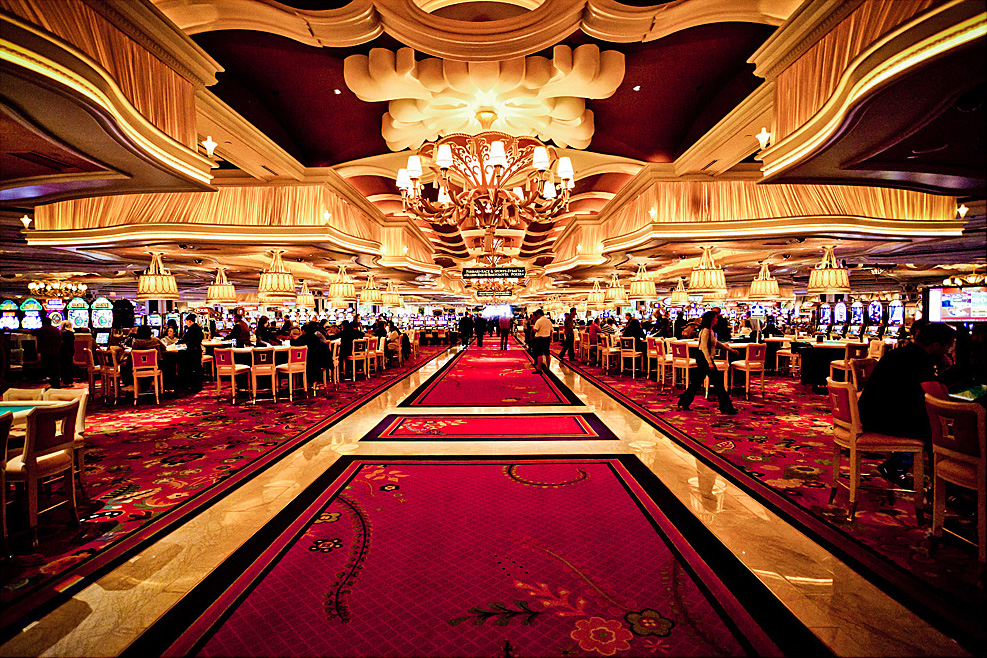
Casino experiences have long captured the interest of humans around the world, becoming an integral part of both entertainment and culture. From the glimmering lights of the Vegas Strip to the captivating experience of internet gambling, these games evoke excitement, danger, and sometimes even a sense of sentimentality. They are not just simply entertainments; they have woven themselves into the fabric of society, influencing everything from cinema and music to style and books.
The charm of casino games surpasses the wagering aspect, tapping into larger themes of luck, risk, and social interaction. As players assemble around a card table or rotate the roulette, they engage in an ancient ritual that echoes with our collective desire for adventure and uncertainty. This obsession has led to the growth of countless references in movies, tracks, and gaming, showcasing how deeply entrenched these pastimes are in mainstream culture. Whether it is the intense drama of a classic caper or the vibrant nightlife portrayed in recordings, casino games have established a substantial niche that reflects our relationship with reward.
Social Impact of Gambling Activities
Gambling games have played a key role in cultural contexts throughout the ages. Stemming from old societies, forms of chance were often linked to ceremonies or gatherings. For example, early iterations of gambling can be linked back to ancient China and the Roman Empire, where dice games and betting on results were common pastimes. These activities not only functioned as leisure but also as methods of social interaction, facilitating connections among people within societies.
As cultures evolved, so did the complexity and organization of gambling games. The establishment of formal casinos in the 17th century, particularly in the Italian region, marked a significant shift in how games were perceived and structured. With designated spaces for gambling, the casino became a social hub where people from various backgrounds convened. This change contributed to the validation of the industry, transforming it from a mere pastime into an organized industry that influenced the economy and policy.
The effect of casino games on mainstream culture cannot be overlooked. As they were brought into the limelight in literature and movies, games such as poker and 21 became symbols of risk, luck, and tactics. Famous characters and stories have emerged around these games, illustrating societal attitudes towards fortune, prosperity, and vice. This interest with gambling games has permeated various forms of media, solidifying their status in the public imagination and linking them to broader cultural stories throughout history.
Depiction of Gambling Activities in Entertainment
Casino games have long been a popular subject in different types of entertainment, reflecting both the fascination and nuances of the world of gambling. Films such as Ocean’s 11 and Casino Royal portray individuals who navigate dangerous scenarios, showcasing not only the allure of the gambling environment but also the tactics and choices that come with playing popular games like Texas Hold’em and 21. https://luck8b.org/ These movies often dramatize the thrill of winning and the potential consequences of losing, encapsulating the perils involved in gambling.
TV programs have also explored the world of casino games, often integrating them into the narrative as a setting for character arcs and drama. Series like Vegas depict the stories of gambling employees and customers, highlighting the dynamic, often disorderly energy of the casino floor. Reality shows featuring intense betting contests further emphasize the appeal of gambling activities, drawing viewers into the drama and strategy involved in each session. Through these portrayals, media not only engages but also sparks conversations about fortune, expertise, and the character of randomness.
Gaming have increasingly integrated casino games into their design, allowing players to recreate the feeling of gambling without financial exposure. Games within the landscape of digital gaming often include virtual slots, poker, and other casino favorites, creating an engaging environment that mirrors real-life gameplay. These digital representations make casino games accessible to a global audience, appealing to both gamblers and those who enjoy the excitement of virtual experiences. As a result, the representation of gambling activities in entertainment continues to shape cultural attitudes and cultural significance, highlighting their function in society and culture.
Impact of Casino Games on Communities
Gambling activities have a significant effect on society, affecting multiple facets of culture and interpersonal behavior. They often serve as a venue for community engagement, where people come together to enjoy a common activity. Casino trips with friends or visits to casinos become group events that build connections and create memories. This communal aspect enhances the fun value of casino games, making them a favored choice for celebrations and recreational pursuits.
Additionally, casino games have been depicted in countless films, TV series, and written works, influencing perceptions and opinions towards gaming and betting. Icons like James Bond competing in baccarat or the high-stakes poker scenes in films have embedded these games in the collective imagination. This representation often idealizes the lifestyle associated with gambling, drawing in new players and impacting trends in both style and behavior. These representations can spark curiosity and lead to a more profound exploration of the nuances of gaming.
However, there are also adverse consequences linked to the widespread appeal of gambling activities. The temptation of quick monetary gain can lead to problem gambling and financial troubles for some people. Society must contend with these issues, advocating for responsible gambling and awareness of the dangers involved. Finding a balance between the entertainment value of gambling activities with the risks is vital to ensure that they remain a positive aspect of our societal fabric.